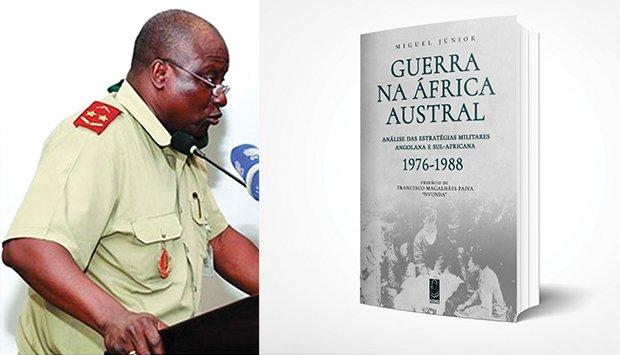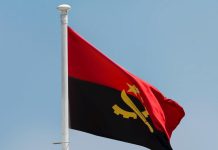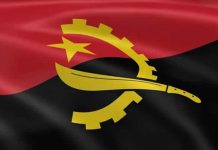Africa-Press – Angola. “This study by Lieutenant General Miguel Júnior on the military strategies of South Africa and Angola is important insofar as it is necessary to know these matters of a military nature. In fact, the younger generations need to understand the historical path, the challenges of the recent past and the value of national defense and security issues. Our military history and defense and security matters must be valued.
It is convenient to continue in the path of these studies and ensure that these initiatives are not limited to the national defense and security forces alone. Universities and centers of knowledge in Angola must value this type of studies, as is the case with universities, institutes and academies elsewhere. It is essential to study national and general strategic matters, including related subjects.
National greatness and growth also depend on the appreciation of these and other issues. In this sense, we need collective, institutional and individual initiatives like this one, because without studies it is difficult to correctly understand the phenomena and facts of life. We need to have a privileged look at the different areas of life in our country. No other level of defense and security can be reached without the history and theories of defense and security. We need to broaden our culture in these areas. It is also essential to know our path in the field of military strategy and to value it, under penalty of losing a very rich source of data.
Moreover, this is another study of a strategic scope that the author brings to the public. For this reason, I congratulate and encourage Lieutenant General Miguel Júnior to continue on this path and to produce much more, as we need works that are conceived by Angolans. But this strategic research work differs from the first two of his authorship, because here the author focused only on the interpretation of the military strategies of Angola and South Africa in the context of the war in Southern Africa.
The purpose of Lieutenant General Miguel Júnior, in examining the military strategies of the two States, is legitimate because his first studies in this domain covered matters that were limited to national scopes. All the more so since the author analyzed the conceptual ideas of Angola and South Africa, but articulated them with political, economic, diplomatic and international relations issues. Thus, we have at our disposal the doctrinal and strategic conceptions of the two States, as well as a set of information on the period 1976-1988.
This investigation into the military strategies of the two States – Angola and South Africa – is valuable because, in the context of war studies, it is absolutely essential to also study matters related to military strategies. The appreciation of these themes is extremely important, insofar as the strategy has to do with coercion, that is, how is the use of force in the context of a given conflict. Based on this principle, the author studied, with the required depth, how each State formulated and implemented its military strategy. In this theoretical and military study, the directives of the political powers of each national state and the nature of the political, military and security challenges are evident.
Military strategies are matters of national character. However, through the study he developed, the author made an incursion into the political and military background of the Southern African conflict. For the rest, the conflict between South Africa and the Front Line countries was a reality. But the war between Angola and South Africa was the height of the confrontation.
It is public knowledge that, in March 1976, the South African army abandoned Angolan territory, but in June of that year, armed aggression against Angola began. These attacks were mainly aimed at dissuading the Angolan State due to the support it provided to SWAPO and the ANC. From aggression to aggression, at the end of the year 1980, the South African state started the war with a double objective. First, their efforts were aimed at annihilating the SWAPO guerrillas and completely weakening this organization representing the Namibian people, including the ANC and its guerrillas, who were in Angolan territory. Second, its military actions were directed towards supporting the guerrilla actions of UNITA, a political organization that was the armed opposition to the Angolan State. The other organizations – FNLA and FLEC – were also in armed opposition, but with the help of Zaire and other countries. These facts and others forced the Angolan State to formulate its military strategy, which made it possible to build its national army and wage war. In fact, this study of military strategic management reflects the lived realities. For the above, I congratulate Lieutenant General, Professor Miguel Júnior”.
Francisco Magalhães Paiva (Nvunda) | Army General (Retired). Angolan Armed Forces (FAA)
For More News And Analysis About Angola Follow Africa-Press






